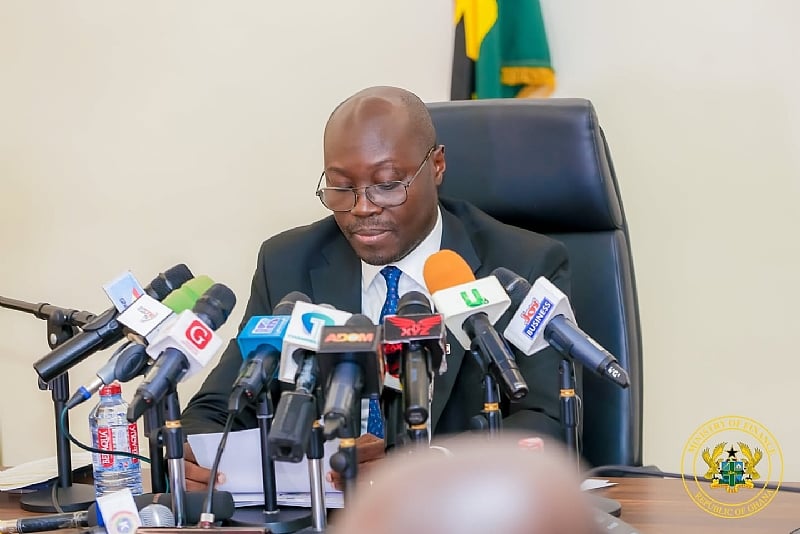Ghana finds itself at a critical juncture in its economic recovery journey, preparing for pivotal discussions with the International Monetary Fund (IMF) this week as it finalizes its 2025 budget. The upcoming budget carries significant weight as the government plans to eliminate several key tax lines, including the controversial E-levy on electronic transactions, the betting tax, and the COVID-19 levy. These taxes, implemented by the previous administration to bolster domestic revenue, have met with considerable resistance from businesses and citizens alike. The IMF’s scrutiny will focus on the potential impact of these tax cuts on Ghana’s fiscal consolidation efforts, particularly within the framework of the $3 billion Extended Credit Facility (ECF) program currently supporting the nation’s economic recovery. The IMF’s central concern revolves around ensuring that these revenue reductions do not jeopardize the country’s fiscal targets and derail its progress towards economic stability.
Beyond the immediate revenue implications, the discussions will delve into the pressing issue of Ghana’s escalating energy sector debt, a significant burden on public finances. Estimated to exceed $2 billion, this debt poses a substantial threat to the stability of power producers and the broader economy. Independent Power Producers (IPPs) have issued repeated warnings about potential disruptions to the power supply if the government fails to address outstanding arrears. This precarious situation underscores the fragility of Ghana’s energy sector and the urgent need for a comprehensive solution. The IMF’s engagement will likely involve pushing for concrete measures to tackle the structural inefficiencies within the energy sector, improve cost recovery mechanisms, and establish a sustainable financial framework for the industry’s long-term viability.
The cedi’s depreciation, influenced by the government’s substantial foreign exchange requirements to meet its obligations to power producers, adds another layer of complexity to the discussions. The IMF’s involvement underscores the interconnectedness of Ghana’s fiscal challenges, with the energy sector debt directly impacting the country’s currency stability and overall economic performance. This intricate web of financial pressures requires a delicate balancing act to navigate a path toward recovery. The government’s ability to present a convincing roadmap to the IMF, outlining its strategy to offset revenue losses, address the energy sector debt, and maintain macroeconomic stability while implementing tax reforms, will be crucial.
The outcome of these engagements carries immense significance for Ghana’s economic future, with investors, businesses, and multilateral partners closely observing the developments. The government faces the challenging task of balancing fiscal prudence with the need to stimulate economic growth and maintain energy sector stability. Successfully navigating these competing priorities will be crucial in restoring confidence in Ghana’s economy and attracting the necessary investments to support its long-term development.
The proposed tax cuts, while potentially offering relief to businesses and citizens, introduce a degree of uncertainty regarding the government’s ability to maintain fiscal discipline and meet its revenue targets. The IMF’s involvement serves as a critical check, ensuring that these reforms are implemented responsibly and do not undermine the progress made under the ECF program. The government’s ability to articulate a clear plan to compensate for the revenue shortfall will be paramount in securing the IMF’s continued support and maintaining investor confidence.
Ultimately, the success of these discussions rests on the government’s ability to present a comprehensive and credible plan that addresses both the immediate fiscal challenges and the long-term structural issues within the energy sector. A well-defined roadmap that outlines concrete measures for revenue generation, debt management, and energy sector reform will be crucial in convincing the IMF and other stakeholders of Ghana’s commitment to sustainable economic recovery. The careful balancing act between fiscal prudence, economic growth, and energy sector stability will determine Ghana’s economic trajectory in the coming years.














